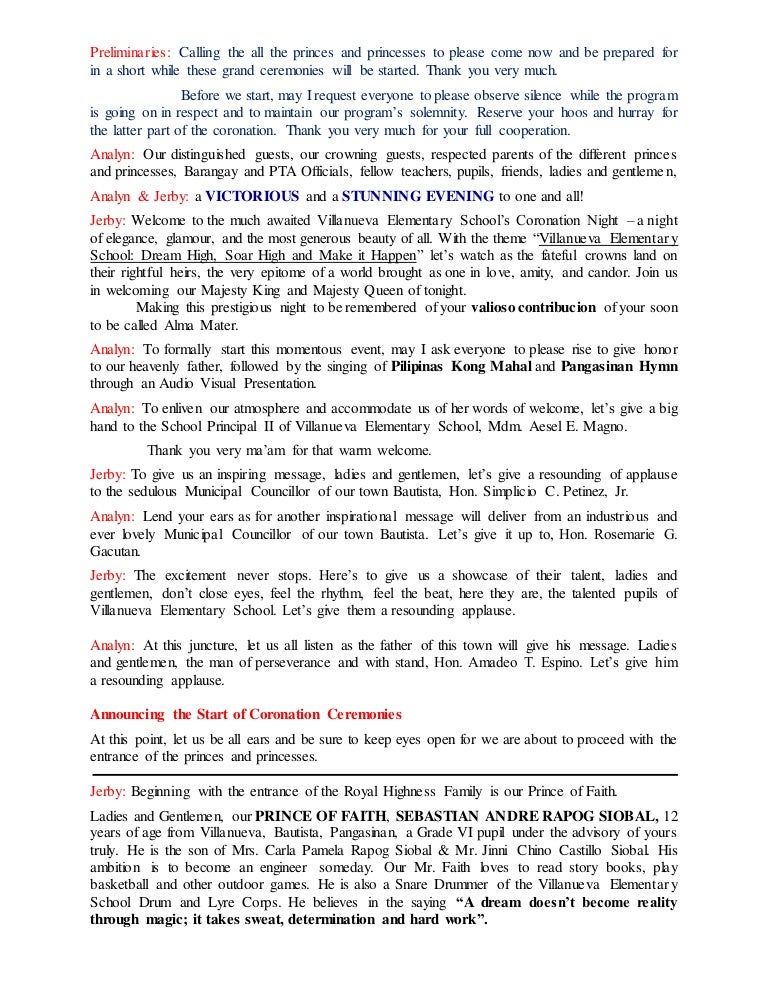
is often a gateway to the use of more harmful and illicit substances, to achieve desired outcomes. The use of performance-enhancing and/or appearance substances in young adulthood.

Dodge and Jaccard provide links to the various forms of advertising marketing and use of nutritional supplements, showing that exposure at an early age, such as, by adolescents, are factors that influence a behavioural intention for steroid users.

This pattern is also found in South Africa. The work of Starr and others provides evidence that the exposure to nutritional supplements in other parts of the world has been via advertisements, including print and Internet advertisements, and infomercials. This is substantiated by the nutritional supplement sales figures for what now is a multibillion dollar global industry projected in 2015 to be US$ 93.15 billion. Currently, the use of nutritional supplements is on the increase worldwide, predominantly in Western countries, but is also expanding to other parts of the world, including South Africa. The specific definition and categorisation is often grey, thus leading to definition complexity. Nutritional supplements refer to any product that is generally intended to supplement the diet when taken by mouth as a pill, capsule, tablet, or liquid. In the area of nutritional supplements in general, the earlier work of Muller and Krawinkel indicates the extent of research that has been undertaken in the area of nutritional supplements. Keywords: alternative protein, body image, cost, gender, spiritual motives The change should also incorporate a cost-benefit risk assessment which is practical for the consumer when comparing supplement use as alternative sources of protein The analysis shows that natural source protein products are better priced than nutritional supplement productsĬONCLUSION: The study shows the importance of educating gym goers, the general public, and the guardians of minors to make a behaviour change towards nutritional supplement consumption. It was found that the consumption of nutritional supplements often starts at high school age and continues into adulthood. Protein supplements were the most popular products that were consumed (84%) followed by carbohydrates (72%) and vitamins (71%). RESULTS: This study's finding shows that the main reasons why females attend gyms are for muscle gain (57%), weight loss (48%), staying healthy (47%), and a 'spiritual motive' (39%) In males, it is predominantly for muscle gain (54%). METHODS: A self-administered questionnaire based on a cross-sectional quantitative design and systematic convenience sampling was given to the 364 recruited males and female gym goers

OBJECTIVE: To determine the association between commercial gym goers and nutritional supplements, in particular the commencement of use, reasons and purpose for use, and the financial and risk implications of use This makes the consumer a captive audience for the industry and a challenge for the health care provider when suggesting alternatives to nutritional supplements, based on cost-benefit, and risk assessment For the consumer, body image and ideal body discrepancy, and social influences manifest in the belief that the perfection of body development cannot be achieved without the use of nutritional supplements. For the nutritional supplement industry the container is thus the manifestation of innovative ideas for the enterprising business-minded mogul. This contributes to early exposure to nutritional supplements by potential consumers and is an influencing factor for the use of performance-enhancing and/or appearance substances by adolescents. As a result, consumer demand has caused the increase in the advertising and marketing of these products. Currently, the use of nutritional supplements is on the increase worldwide, predominantly in Western countries but also more recently expanding to other parts of the world for what has become a multibillion-dollar global industry.

IIIPhD Department of Pharmacy and Pharmacology, Faculty of Health Sciences, University of the Witwatersrand, Johannesburg, South AfricaīACKGROUND: Nutritional supplements are defined as any dietary supplement manufactured product that is generally intended to supplement the diet when taken by mouth as a pill, capsule, tablet, or liquid. IIMPhil Sport Science Department of Sport and Movement Studies, Faculty of Health Science, University of Johannesburg, Gauteng, South Africa IDPhil, FACSM Department of Sport and Movement Studies, Faculty of Health Science, University of Johannesburg, Gauteng, South Africa Nutritional supplements use, cost, source of information, and practices by Johannesburg North gym goers


 0 kommentar(er)
0 kommentar(er)
